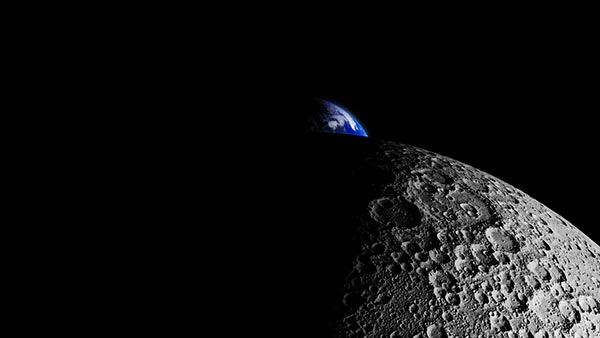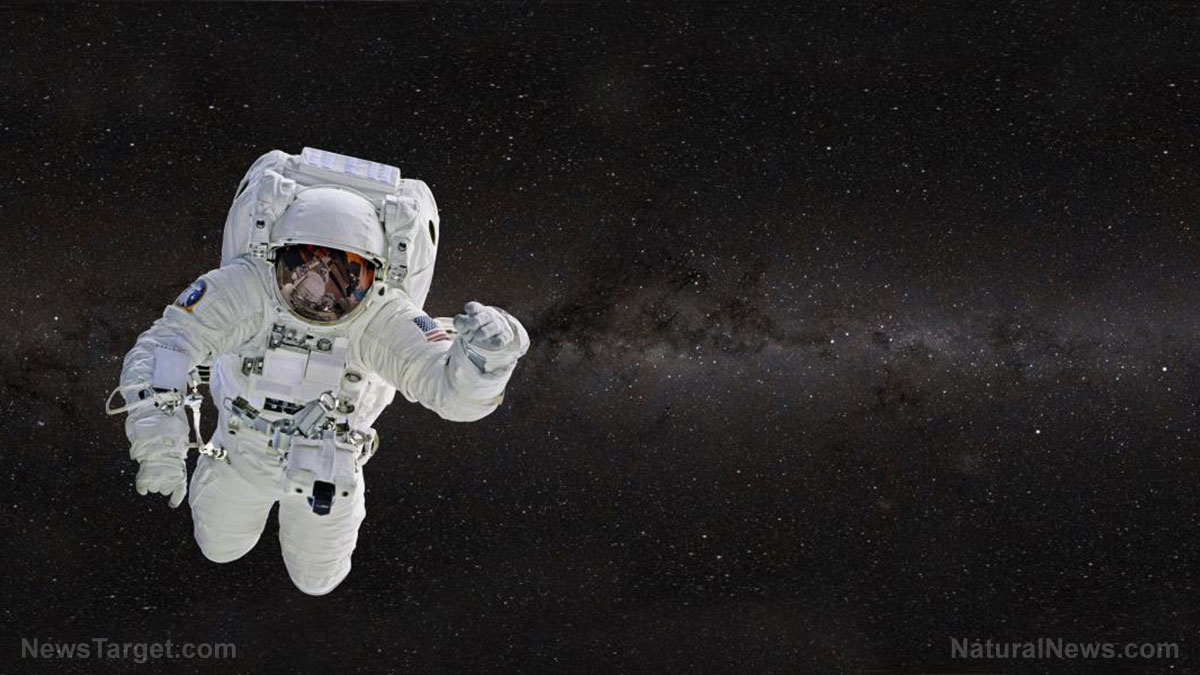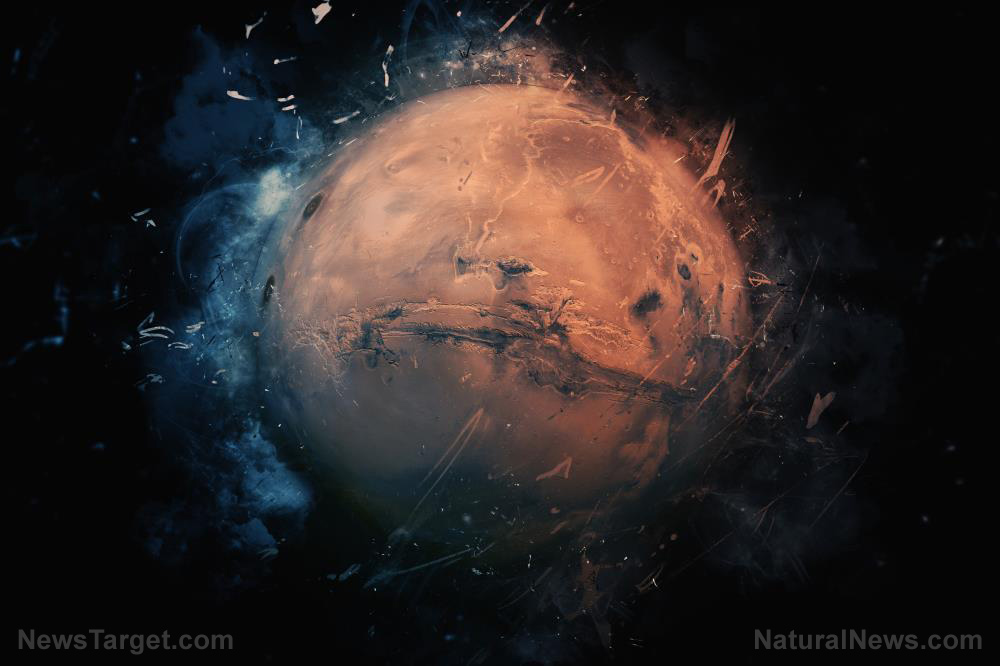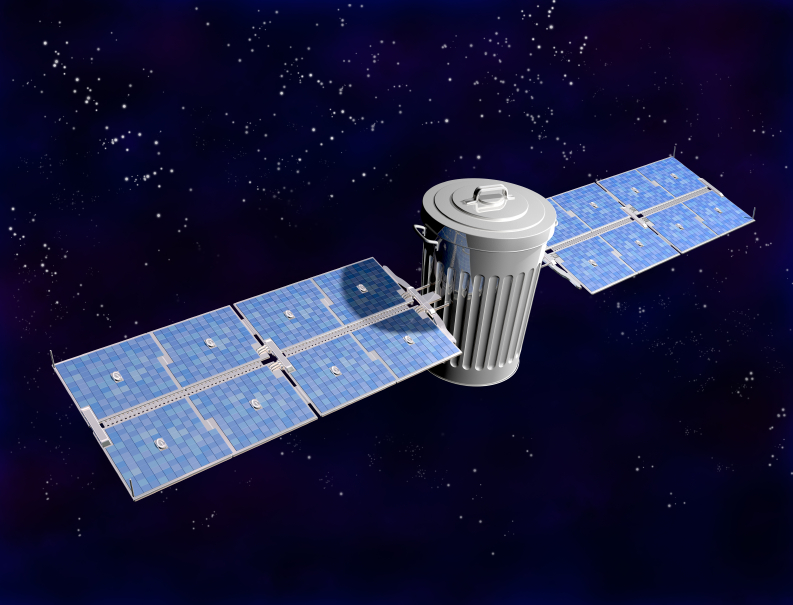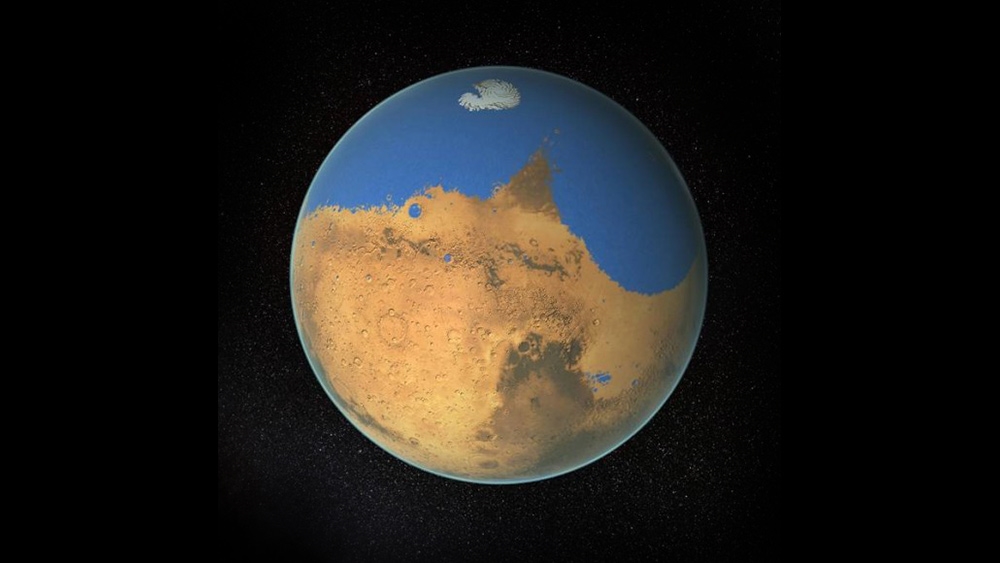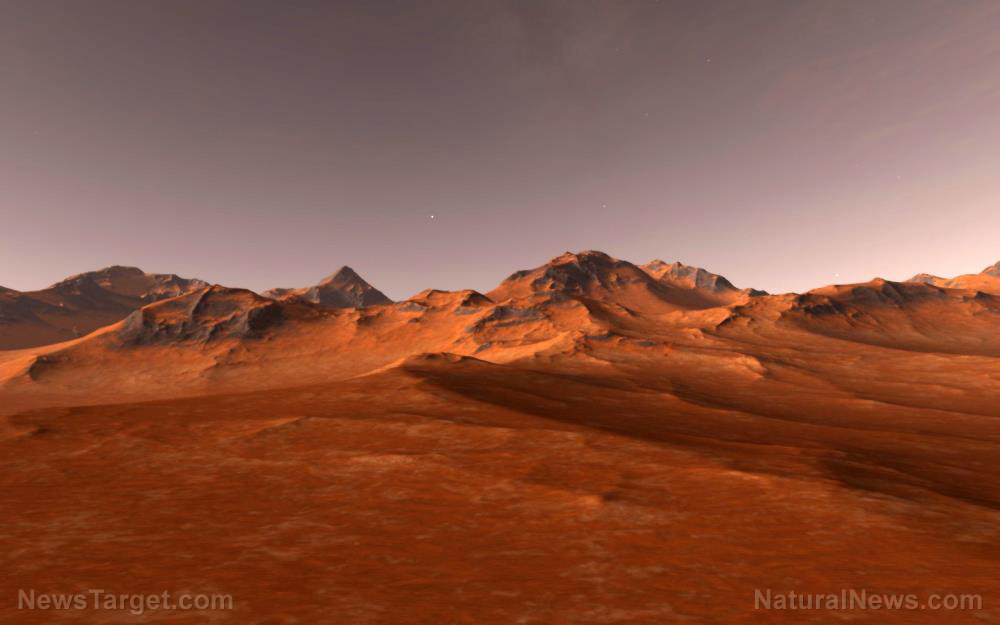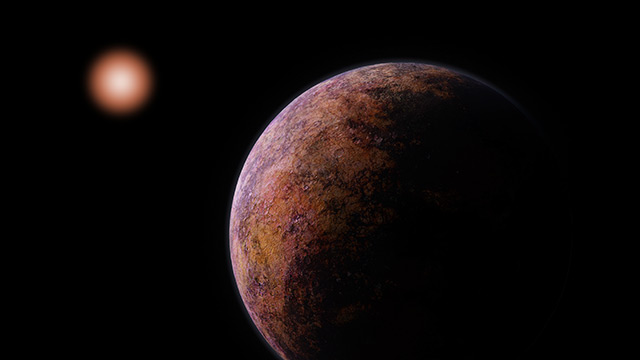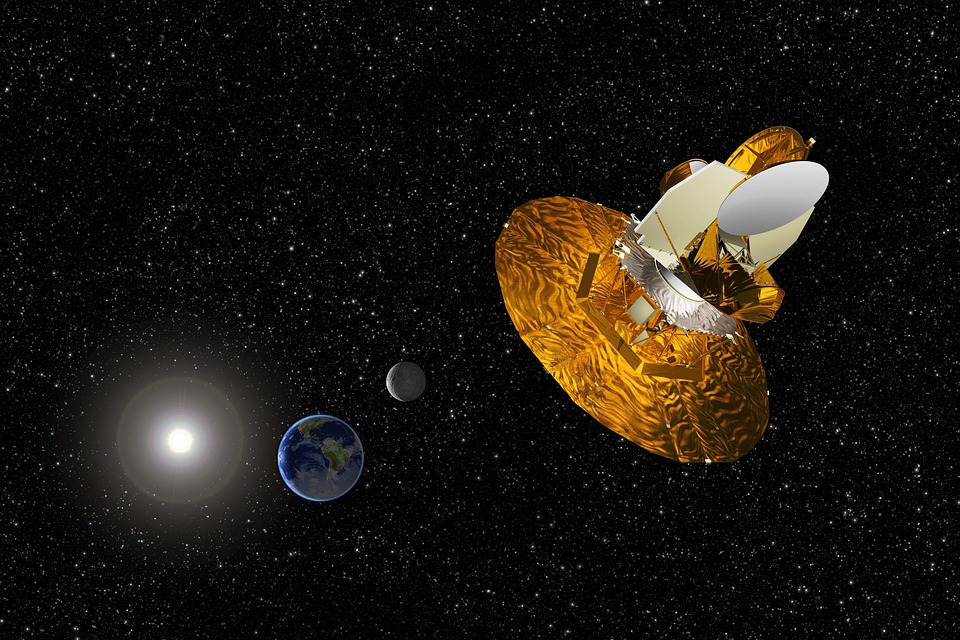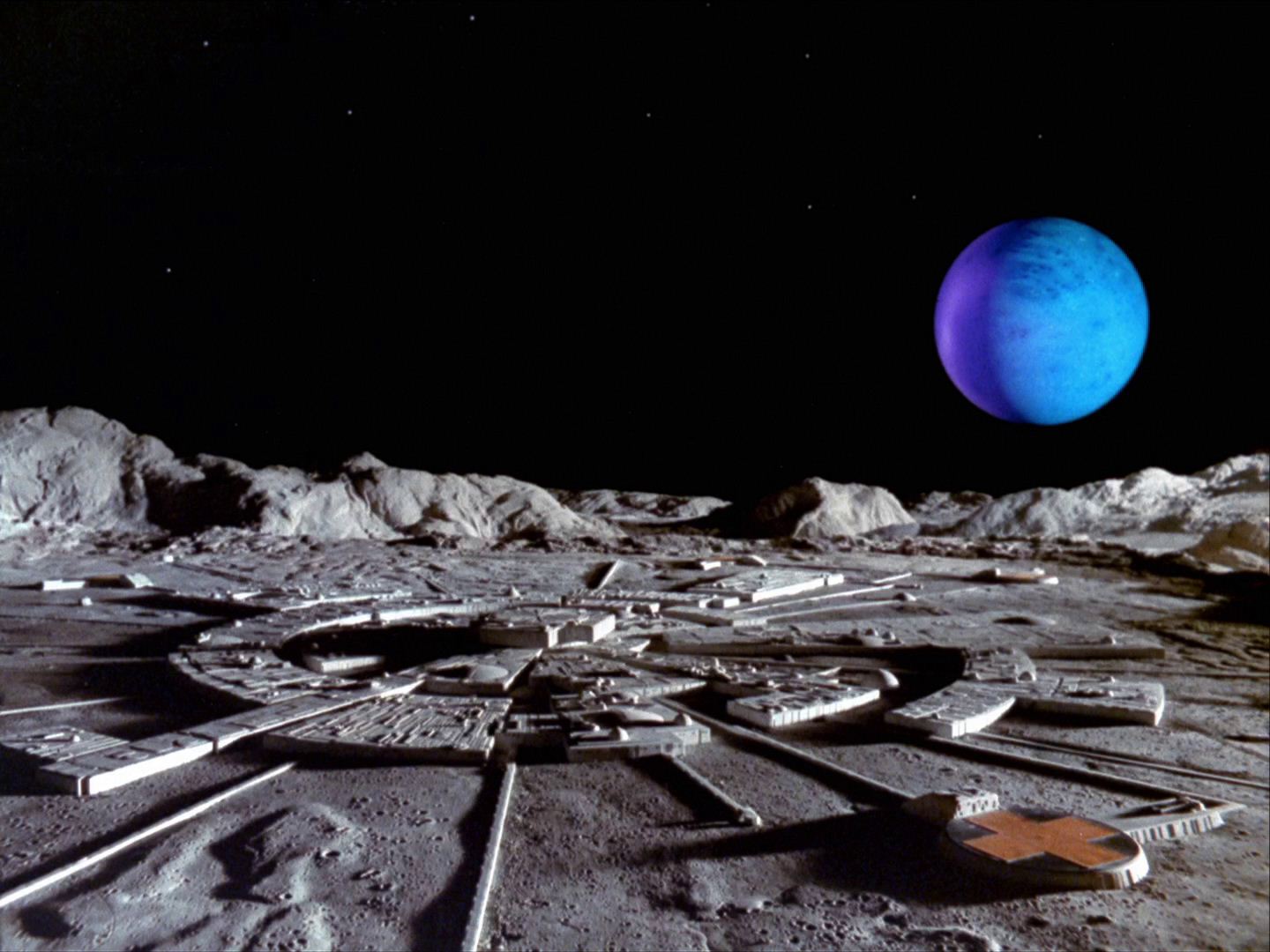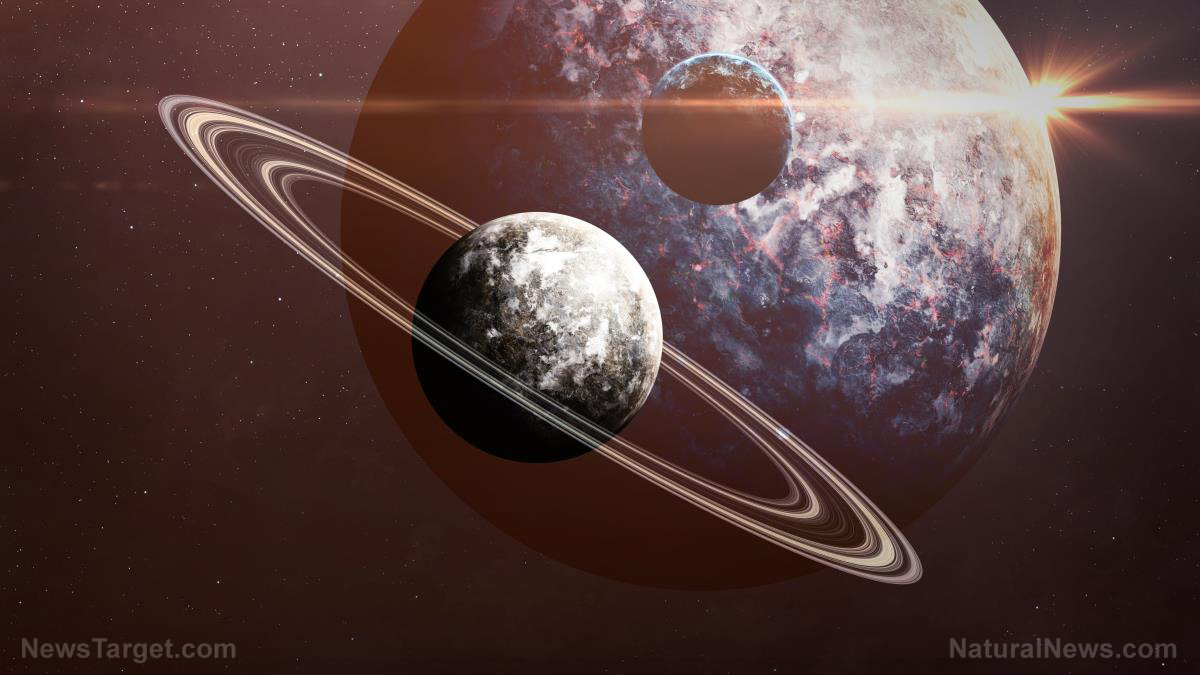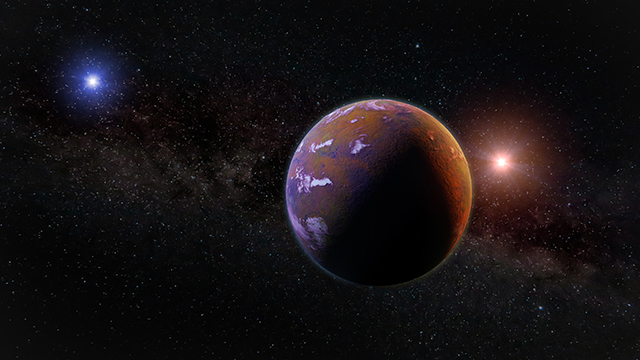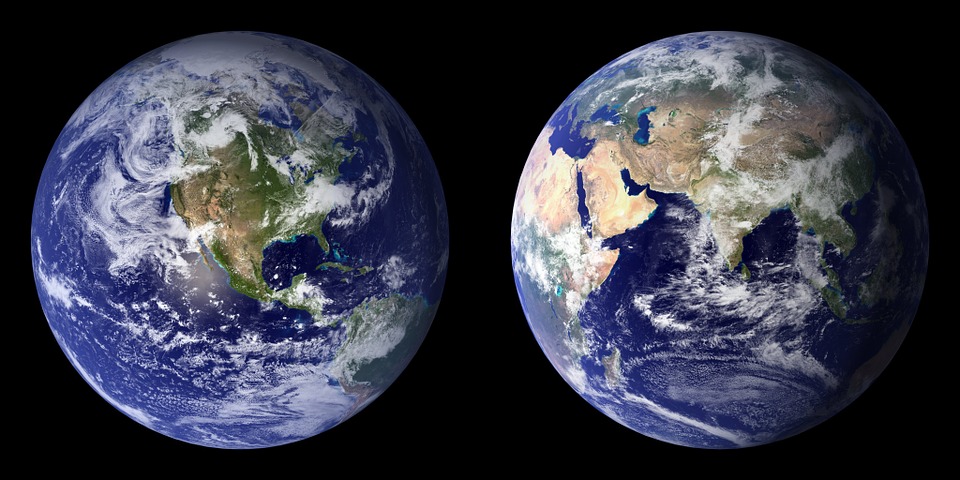Wearing goggles in space can help prevent vision problems among astronauts, advise NASA experts
11/20/2019 / By Edsel Cook
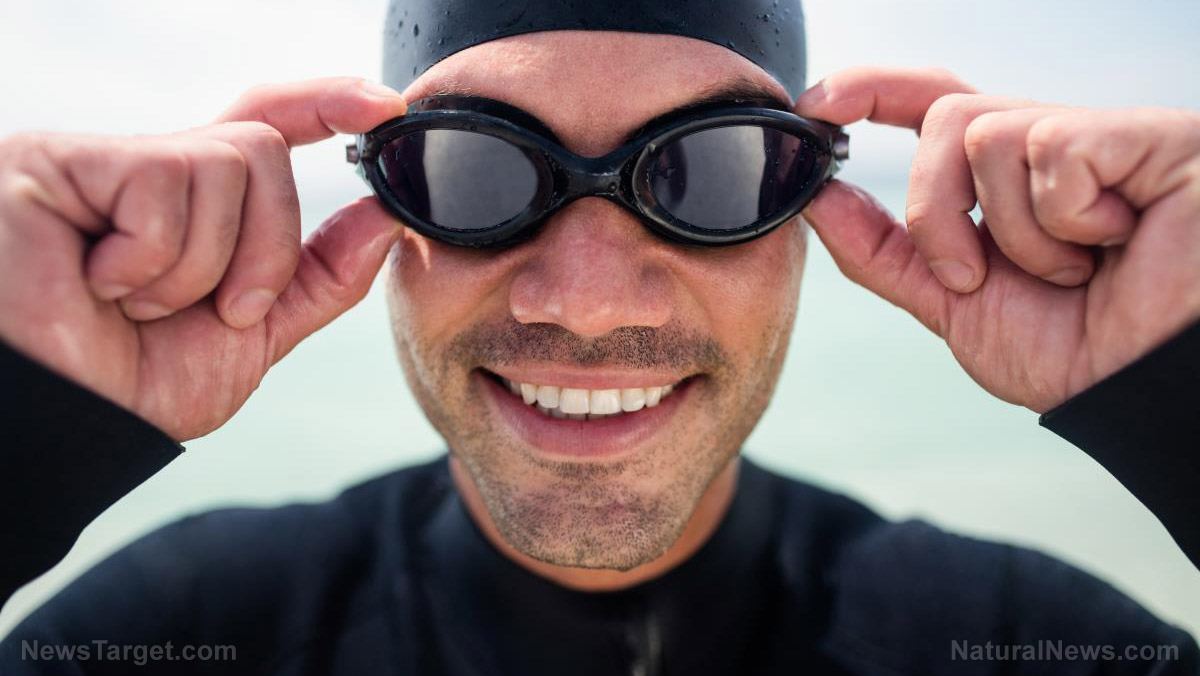
The weightless environment of outer space can degrade the eyesight of an astronaut, especially during long-duration missions. But a new study suggests that wearing protective goggles of any type will help preserve the person’s sight in micro-gravity and zero-gravity conditions.
NASA researchers noticed that astronauts who stayed aboard the International Space Station (ISS) for extended periods often developed issues with their eyes. Impaired vision and other eye-related health problems might haunt them for years.
The solution proved simple: Wear goggles. The protective eye-wear applies slight pressure around the eyes, which may counteract the pressure drop inside the eyeball in weightless environments.
The researchers identified swimming goggles and safety glasses as good candidates to protect the eyes and health of astronauts.
Wearing the same goggles as athletes and construction workers may help prevent the condition called “space flight-associated neuro-ocular syndrome” (SANS). SANS develops when the pressure of the fluids within the eyes diminishes due to the absence of gravity in space.
The NASA study showed better vision in astronauts who wore safety glasses developed for use in construction, sports, and other physically risky activities. The goggles increased the intraocular pressure of the fluid inside the eyes, counteracting the negative effect of weightlessness. (Related: Martian salad: Researchers conduct experiments to give astronauts access to fresh vegetables.)
Astronauts may preserve their eyesight during long space missions by wearing swimming goggles
SANS appears in one out of every three ISS astronauts. It has become a serious health concern among NASA health experts.
Patients with SANS report seeing white spots on their retinas called “cotton wool spots.” They also experience swelling in their optic nerve.
“These findings suggest modestly increasing intraocular pressure with swimming goggles could be used to mitigate spaceflight-associated neuro-ocular syndrome,” explained Universities Space Research Association (USRA) researcher Dr. Jessica Scott. “Elucidating the mechanistic underpinnings of SANS is important to protect the health of astronauts and continued human space exploration.”
Medical scans of astronauts with SANS showed that the pressure inside their brains changed during space missions. Researchers theorized that weightlessness contributed to the appearance of spinal fluid responsible for the pressure changes.
The USRA research team held their experiment at NASA’s Johnson Space Center. They gave swimming goggles to 10 of their participants. The rest of the group went without any protective eye-wear.
Scott reported that participants who wore swimming goggles experienced a modest increase in intraocular pressure. The boost may help astronauts avoid the worst effects of SANS during extended trips in space, such as the planned missions to the moon or Mars.
“Confirmatory studies are required to determine the appropriate duration and intensity of artificial increase in IOP in space flight to modulate SANS,” she said. “In addition, evaluation of the safety of prolonged or daily goggle use is needed.”
Staying in space for long periods harms the eyes of an astronaut
Numerous health problems arise from spending prolonged periods in zero gravity environments. Most commonly, astronauts lose mass in their bones and muscles, which undermine their physical capabilities.
Astronauts may perform poorly during critical tasks and get injured more easily and frequently. Their cardiovascular system and aerobic capacity may also diminish. And the longer the space mission, the worse these issues get.
Fortunately, astronauts will recover from many of the harmful effects caused by long space missions once they return to Earth. But researchers only caught the threat to eye health in recent years, and they are looking for ways to alleviate the risks of impaired vision so far away from home.
The findings of the USRA researchers may benefit NASA’s plans to return to the moon in 2024, as well as a mission to Mars in 2033.
Get the latest news on the health risks astronauts face while in space at Health.news.
Sources include:
Tagged Under: astronaut health, astronauts, eye health, eyes, goggles, lunar missions, mission to Mars, Moon missions, Space, space exploration, Spaceflight, zero gravity environment
RECENT NEWS & ARTICLES
COPYRIGHT © 2017 SPACE TOURISM NEWS

